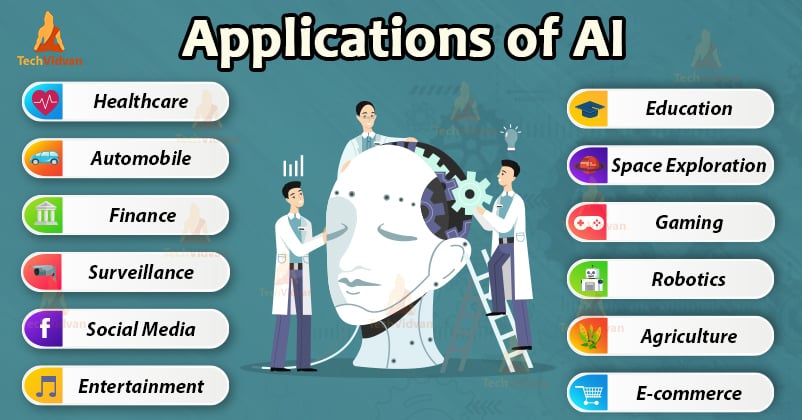
The Rise of Artificial Intelligence
Exploring the Past, Present, and Future of Intelligent Machines

Introduction
Artificial Intelligence (AI) is revolutionizing the way we live, work, and interact. From smart assistants like Siri and Alexa to self-driving cars and advanced medical diagnostics, AI is becoming an integral part of modern society.
A Brief History of AI
The concept of AI dates back to ancient myths and stories of mechanical beings. However, modern AI research began in the 1950s with pioneers like Alan Turing and John McCarthy. The field has gone through periods of optimism and setbacks—known as AI winters—but has rapidly progressed in recent decades due to advances in computing power, data availability, and algorithms.
What is Artificial Intelligence?
AI refers to systems and machines that mimic human intelligence to perform tasks and can improve themselves based on the information they collect. This includes a variety of subfields:
- Machine Learning (ML): Algorithms that allow computers to learn from data.
- Natural Language Processing (NLP): Enables machines to understand human language.
- Computer Vision: Allows machines to interpret visual data like images and videos.
- Robotics: Combines AI with mechanical engineering for physical automation.
Applications of AI
- Healthcare: AI assists in early diagnosis of diseases, robotic surgeries, and medical imaging.
- Finance: Fraud detection, credit scoring, and automated financial advising.
- Transportation: Autonomous vehicles, smart traffic systems, and logistics optimization.
- Education: Personalized learning, virtual tutors, and grading automation.
- Entertainment: Recommendation systems on platforms like Netflix and YouTube.

Ethical Concerns
While AI brings enormous benefits, it also raises serious ethical and societal questions:
- Bias and Fairness: AI systems can inherit biases from data, leading to discrimination.
- Privacy: AI relies heavily on data collection, raising concerns about user privacy.
- Job Displacement: Automation could replace many human jobs, especially in repetitive tasks.
- Autonomy and Control: Who is responsible when an AI system makes a mistake?
The Future of AI
The future of AI is both exciting and uncertain. Innovations in quantum computing, general intelligence, and emotional AI could reshape society in ways we can't fully predict. Ensuring responsible development and regulation of AI is essential for a balanced future.
Conclusion
AI is not just a tool—it's a transformative force. Whether we use it to cure diseases or create smarter cities, its success depends on how we develop and govern it. The journey of AI is just beginning, and we all have a role to play in shaping its path.
Comments
Post a Comment